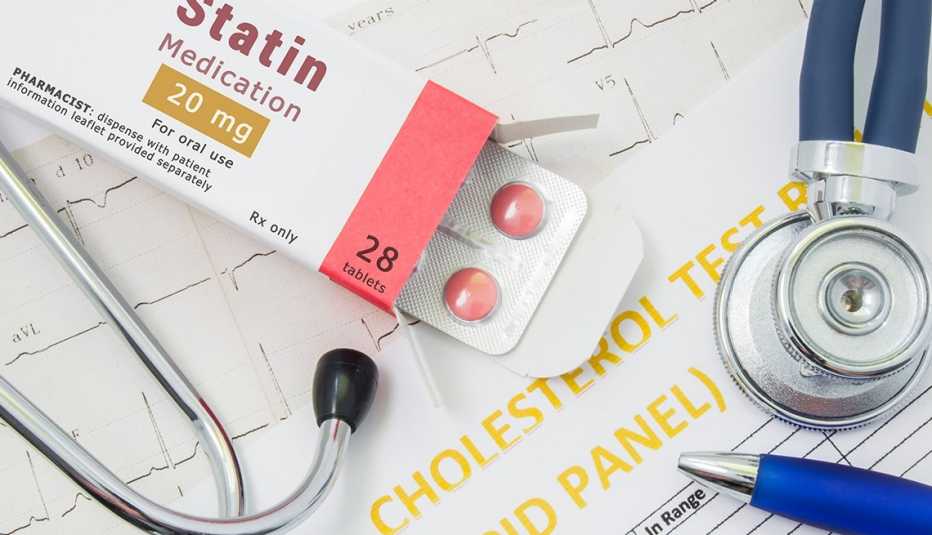Staying Fit
A number of factors can put anyone at higher risk for cardiovascular disease, a catch-all phrase for a cluster of conditions that affect the heart and blood vessels and can lead to a heart attack or stroke.
An unhealthy diet is one; lack of physical activity is another. Diabetes, obesity and smoking also increase an individual’s odds of developing heart and vascular problems.
But what many don’t realize is that women have their own unique set of risk factors, separate from the universal drivers of the disease. And ignoring these often unfamiliar triggers can have deadly consequences.


AARP Membership— $12 for your first year when you sign up for Automatic Renewal
Get instant access to members-only products and hundreds of discounts, a free second membership, and a subscription to AARP the Magazine.
Cardiovascular disease affects almost half of adult women in the U.S. and is responsible for about 1 in every 3 female deaths, research from the American Heart Association (AHA) shows. And yet, “Most women remain unaware that cardiovascular disease is the major cause of mortality,” says Nanette K. Wenger, M.D., professor emeritus of medicine in the Division of Cardiology at Emory University School of Medicine and a coauthor of a new presidential advisory from the AHA, published May 9 in the journal Circulation.
Knowing all of your risk factors and spotting the early warning signs of cardiovascular disease, however, may help you turn the trends, experts say.
“If you know that you’re at increased risk, then you’re much more likely to address the traditional risk factors,” Wenger says.
Here are five things that can raise a woman’s risk of developing cardiovascular disease.
1. Early periods and early menopause
Women who start their periods younger than 11 years of age or who start menopause before age 40 are at higher risk for developing cardiovascular disease. What’s more, women who experience menopause before age 45 are more likely to die from cardiovascular disease than their peers, research suggests.
“And some of the hormone imbalances that result in irregular periods, such as polycystic ovary syndrome, or women who have unpredictable cycles, they are also at greater cardiovascular risk than women who cycle normally,” Wenger adds.





































































